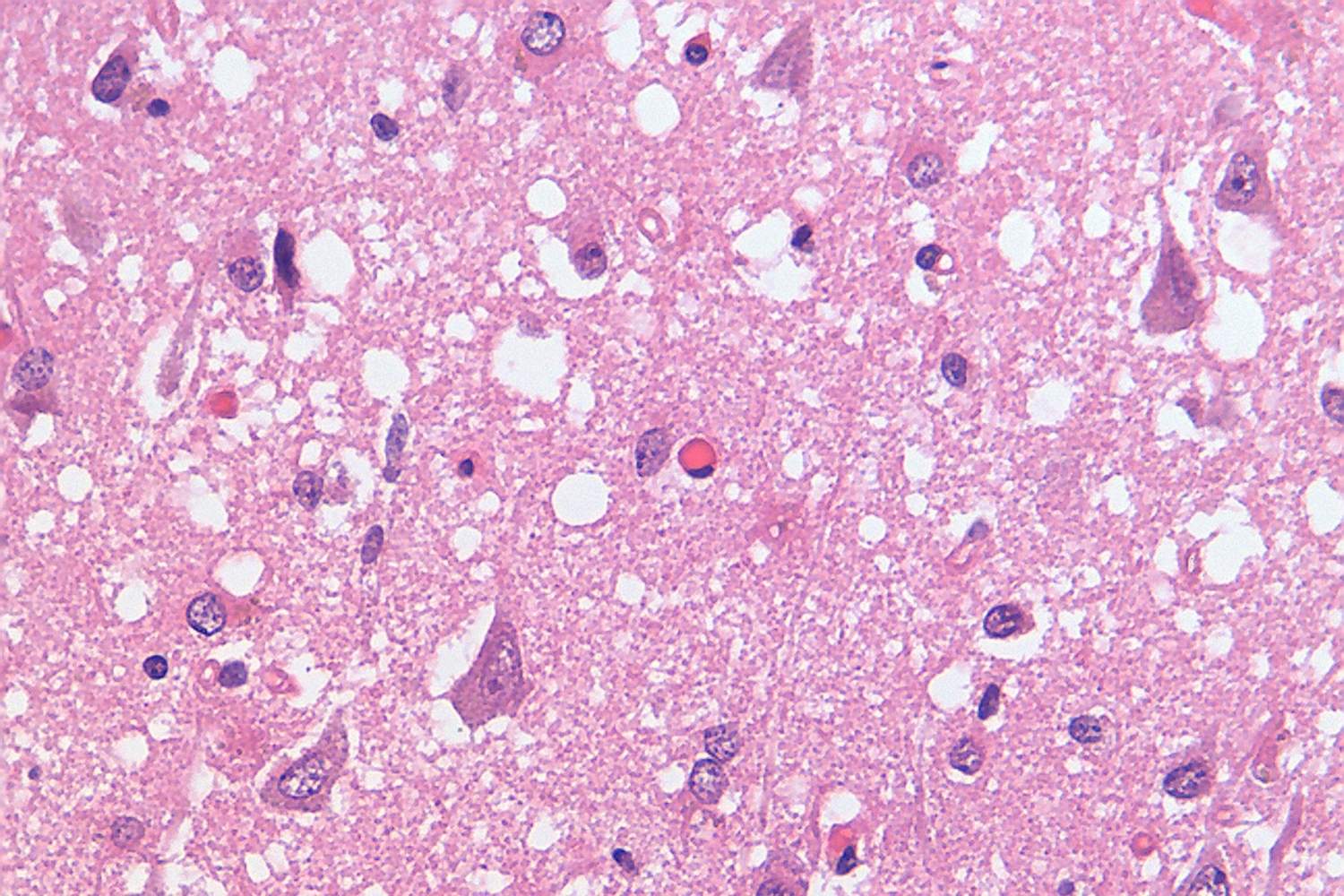
Precocious Myoclonic Encephalopathy is a rare neurological disorder that affects infants and young children. This condition is characterized by sudden, involuntary muscle jerks and severe developmental delays. Early diagnosis is crucial for managing symptoms and improving quality of life. Parents often notice unusual movements or developmental milestones not being met. While the exact cause remains unknown, genetic factors and brain abnormalities are suspected contributors. Treatment typically involves a combination of medications, physical therapy, and sometimes surgery. Understanding this complex condition can help caregivers and medical professionals provide better support. Here are 25 essential facts about Precocious Myoclonic Encephalopathy to broaden your knowledge.
Key Takeaways:
- Precocious Myoclonic Encephalopathy (PME) is a rare genetic disorder causing muscle jerks and developmental delays in children. Early diagnosis and supportive therapies can improve their quality of life.
- Families of children with PME face challenges but can find emotional and financial support through counseling, respite care, and community programs. Research continues to seek better treatments and understanding of the condition.
What is Precocious Myoclonic Encephalopathy?
Precocious Myoclonic Encephalopathy (PME) is a rare neurological disorder that affects infants and young children. It is characterized by sudden, involuntary muscle jerks and severe developmental delays. Understanding this condition can help in managing and supporting those affected.
-
PME is a genetic disorder, often inherited in an autosomal recessive pattern, meaning both parents must carry the gene.
-
Symptoms usually appear within the first year of life, making early diagnosis crucial for management.
-
PME is part of a group of disorders known as progressive myoclonus epilepsies, which are characterized by muscle jerks and seizures.
-
The condition can lead to severe cognitive and motor impairments, affecting a child's ability to perform daily activities.
Symptoms and Diagnosis
Recognizing the symptoms early can lead to better management of PME. Diagnosis often involves a combination of clinical evaluations and genetic testing.
-
Common symptoms include myoclonic jerks, which are sudden, brief, involuntary muscle contractions.
-
Seizures are frequent in children with PME, often resistant to standard epilepsy treatments.
-
Developmental delays are noticeable, with affected children showing slower progress in motor skills and cognitive functions.
-
Genetic testing can identify mutations in specific genes associated with PME, aiding in diagnosis.
Treatment and Management
While there is no cure for PME, various treatments can help manage symptoms and improve quality of life.
-
Anti-epileptic drugs are commonly used to control seizures, though their effectiveness varies.
-
Physical therapy can help maintain muscle strength and improve motor skills.
-
Occupational therapy assists children in developing skills needed for daily living.
-
Speech therapy may be necessary for those with communication difficulties.
Impact on Families
Caring for a child with PME can be challenging, requiring significant emotional and physical support.
-
Families often need to adapt their homes to accommodate the child's needs, such as installing safety equipment.
-
Support groups and counseling can provide emotional support and practical advice for families.
-
Financial assistance may be available through various programs to help cover medical and therapy costs.
-
Respite care services offer temporary relief for primary caregivers, allowing them to rest and recharge.
Research and Future Directions
Ongoing research aims to better understand PME and develop more effective treatments.
-
Scientists are exploring gene therapy as a potential treatment for genetic disorders like PME.
-
Clinical trials are testing new medications that may help control seizures more effectively.
-
Research into the underlying mechanisms of PME could lead to earlier diagnosis and intervention.
-
Collaboration between researchers, healthcare providers, and families is essential for advancing PME research.
Living with PME
Despite the challenges, many children with PME lead fulfilling lives with the right support and care.
-
Early intervention programs can help children develop essential skills and improve their quality of life.
-
Inclusive education settings allow children with PME to learn alongside their peers, promoting social interaction.
-
Adaptive equipment, such as communication devices, can enhance independence and participation in daily activities.
-
Recreational activities tailored to the child's abilities can provide enjoyment and a sense of accomplishment.
-
Building a strong support network of family, friends, and healthcare professionals is crucial for managing PME effectively.
Final Thoughts on Precocious Myoclonic Encephalopathy
Precocious Myoclonic Encephalopathy (PME) is a rare, severe neurological disorder that affects young children. Understanding PME's symptoms, causes, and treatments can help families and medical professionals manage this challenging condition. Early diagnosis is crucial for better outcomes, as it allows for timely interventions and support. While there's no cure, treatments like medications, physical therapy, and specialized care can improve the quality of life for those affected. Raising awareness about PME can lead to more research and better resources for families. If you suspect a child may have PME, consult a healthcare professional immediately. Knowledge and support are key in navigating the complexities of this disorder. Stay informed, seek help, and remember that you're not alone in this journey.
Frequently Asked Questions
Was this page helpful?
Our commitment to delivering trustworthy and engaging content is at the heart of what we do. Each fact on our site is contributed by real users like you, bringing a wealth of diverse insights and information. To ensure the highest standards of accuracy and reliability, our dedicated editors meticulously review each submission. This process guarantees that the facts we share are not only fascinating but also credible. Trust in our commitment to quality and authenticity as you explore and learn with us.
